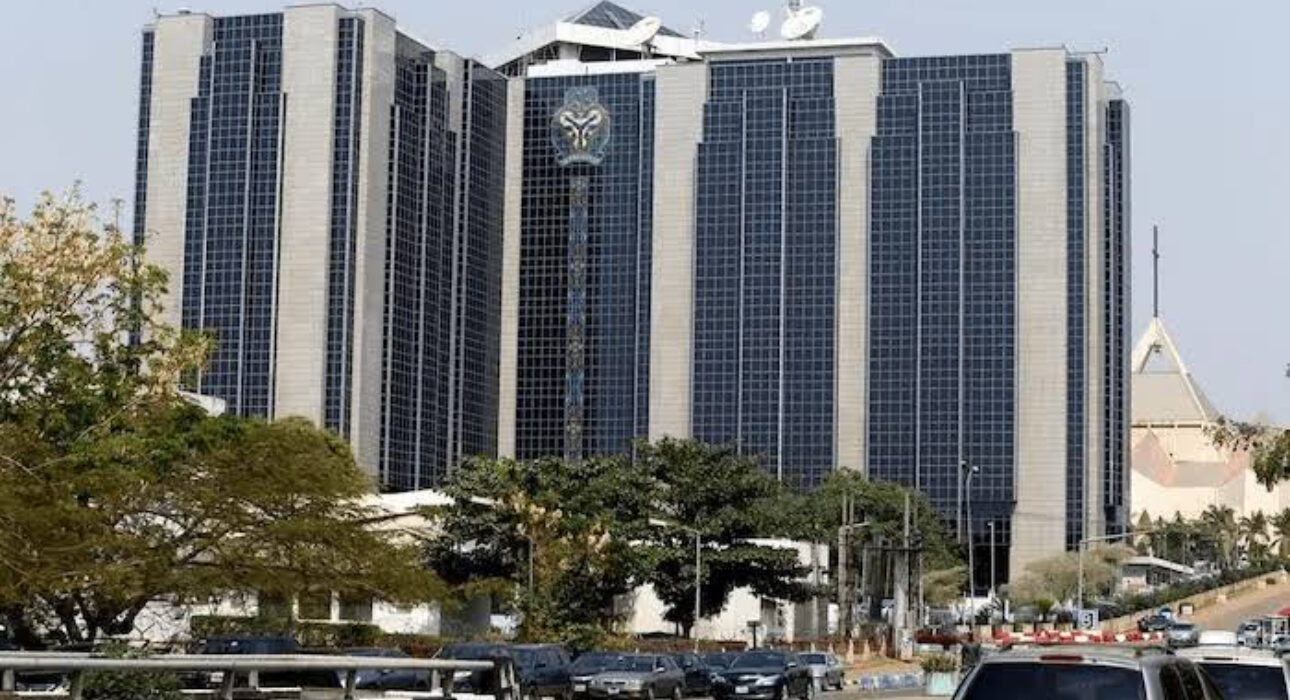CBN’s Net Foreign Exchange Reserves Reach $23.11bn, Posts Huge Recovery

The Central Bank of Nigeria (CBN) has posted a huge recovery in its foreign exchange reserves as its Net Foreign Exchange Reserve (NFER) reached $23.11 billion as of the close of 2024. This is the highest in over three years, showing a huge recovery in recent years.
Nigeria’s foreign exchange reserves through the period ending 2024 were much greater than in the past. The NFER of $23.11 billion is a sharp rise from $3.99 billion at the close of 2023, $8.19 billion in 2022, and $14.59 billion in 2021. The increasing reserves are component of a general trend of recovery for the nation’s economy following encountering volatility.
Apart from the increase in NFER, the country’s gross external reserves also grew spectacularly, reaching $40.19 billion as of the period ending 2024. This is comfortably higher than the $33.22 billion at the period ending 2023, further deepening the strength of the country’s financial position.
The CBN strategy in building up reserves has involved reducing its short-term foreign exchange commitments, particularly swaps and forward contracts. The aggressive policy has served to calm the foreign exchange market and build up the country’s foreign reserve position.
To these measures should be added the policies of CBN aimed at the return of confidence to the foreign exchange market. With its efforts in increasing non-oil foreign exchange proceeds and diversifying external receivables, the bank has fostered a more stable and predictable atmosphere for the country’s financial system. All of these policies have been effective in attracting foreign capital, and this has boosted Nigeria’s reserves.
CBN Governor Olayemi Cardoso greeted the developments with pleasure, saying that the results are the direct outcome of cautious policy choices designed to reduce vulnerabilities and put in place the foundations for long-term economic stability. He reconfirmed the CBN’s commitment to maintain these, to ensure transparency in reserve management, and to preserve market-driven reforms.
Looking ahead, the CBN is optimistic of a continuing upward trend in Nigeria’s foreign exchange reserves. The central bank expects that higher oil production levels and a less hostile export environment will support further enhancement in non-oil foreign exchange earnings. These, along with prudent reserve management, are expected to stabilize the exchange rate and encourage investment into the country.
Governor Cardoso reaffirmed the commitment of the CBN to prudent reserve management, transparency, and the implementation of macroeconomic policies that will result in a strong economy and a stable exchange rate. This persistence of the process, he underscored, will continue to be fundamental in attracting foreign investment and entrenching financial strength for the country in coming years.
The astronomical increase in Nigeria’s foreign exchange reserves to $23.11 billion is a reflection of the effectiveness of the policies of the CBN in stabilizing the nation’s economy. With the central bank continuing to be focused on sustainable reserve management and market confidence building, the expectation is high that the economic position of the country will be further improved in the coming years. By sticking to transparency, cautious policy making, and skillful management, the CBN is setting the stage for financial stability in the long term.









